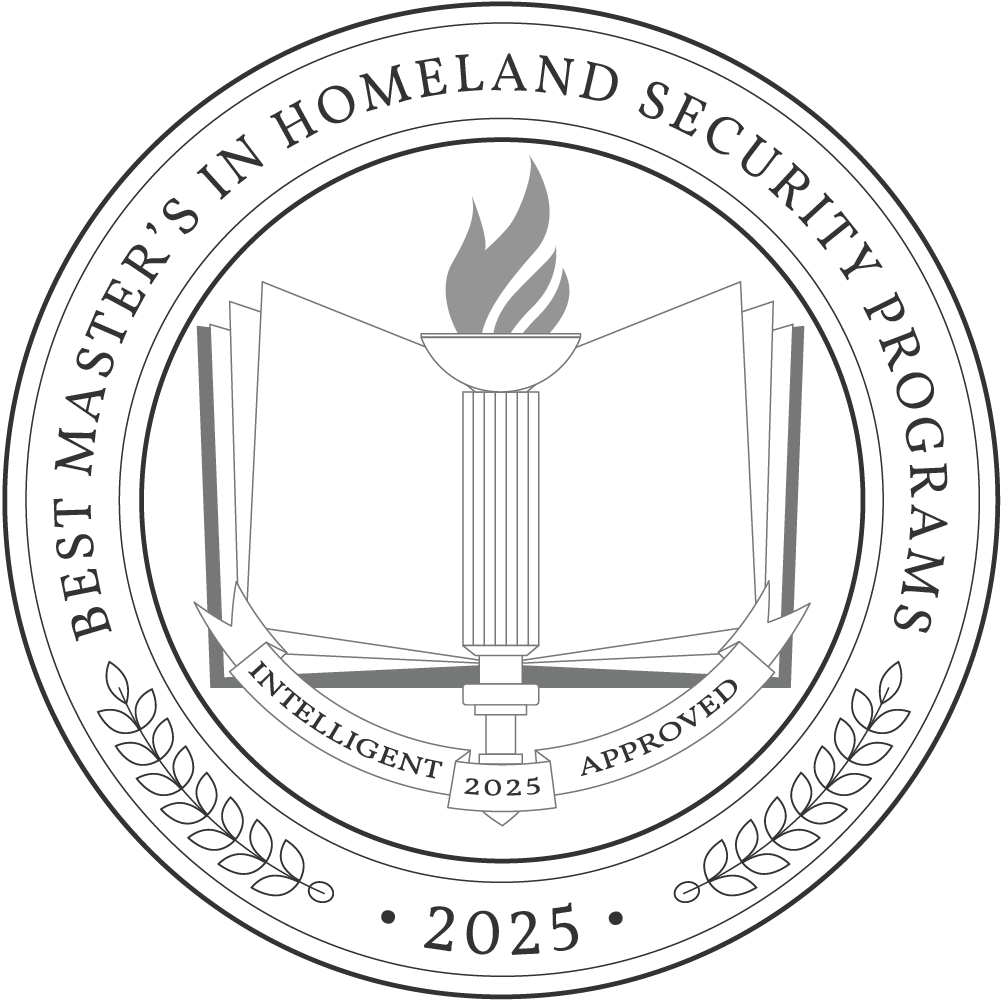For those committed to protecting the country from threats on land, in the sky, by sea, or in cyberspace and seeking higher education to realize this goal, the best master’s in homeland security degree programs offer a clear path to specialized skills and rewarding careers. These programs cultivate risk management, counterterrorism, emergency response, and cybersecurity skills. Graduates can pursue roles like emergency management directors, who earn a median salary of $83,960, or high-level law enforcement officers, earning a median salary of $74,910, potentially reaching $117,100.
Completion timelines typically range from 18 months to two years, with an average cost of $19,749.
Why Trust Us
The Intelligent.com Higher Education Team is dedicated to providing students with independent, equitable school and program rankings and well-researched resources. Our expert-driven articles cover topics related to online colleges and programs, paying for school, and career outlooks. We use data from the U.S. Department of Education’s College Scorecard, the National Center for Education Statistics, and other reputable educational and professional organizations. Our academic advisory team reviews content and verifies accuracy throughout the year for the most current information. Partnerships do not influence rankings or editorial decisions.
- Analyzed over 2,000 national, accredited, and nonprofit colleges and universities
- 800+ rankings pages are reviewed and updated yearly
- Content is informed by reputable sources, surveys, and interviews with academic advisors and other experts
- Over 100 data points are reviewed for accuracy and quality throughout the year, including sources
How we rank schools
Our list features the best Homeland Security degree programs at top colleges nationwide. Each school featured is a nonprofit, accredited institution — either public or private — with a high standard of academic quality for post-secondary institutions.
We evaluated each school’s program on tuition costs, admission, retention and graduation rates, faculty, reputation, and the student resources provided for online students. We collected data from trusted sources like the National Center for Education Statistics, individual school and program websites, school admissions counselors, and other data sources. Then, we calculated the Intelligent Score on a scale of 0 to 100 based on the following criterion:
Academic Quality:
- Admission rate versus enrollment rate
- Retention rate of students who return after year one
- Accreditation status (regional and programmatic)
- Nonprofit status, both private and public institutions
Graduation Rate
- Overall graduation rate
- Total number of currently enrolled students, including diversity metrics
- Student-to-faculty ratio
Cost and ROI
- In-state and out-of-state per-credit tuition rates and fees
- Required credits to graduate
- Earning potential after graduation
- Availability of federal student loans, scholarships, and other financial aid options
Student Resources
- Available student services for online-only and hybrid programs
- On-campus amenities like tutoring centers and the number of libraries
Read more about our ranking methodology.
Best 14 Accredited Master’s in Homeland Security Programs
FiltersInstitution Type
Status
- Intelligent Score
- Alphabetically By University Name
- Acceptance Rate
- Enrollment
- In-state Graduate Tuition
- Out-of-state Graduate Tuition
- In-state Undergraduate Tuition
- Out-of-state Undergraduate Tuition

Sam Houston State University
Intelligent Score: 99.64In-state: $5,856
Out-of-state: $15,672
In-state: $5,765
Out-of-state: $5,765
SAT: 970-1120
ACT: 18-23
Resident: $320
Non-Resident: $728
On-Campus, Online
Southern Association of Colleges and Schools Commission on Colleges
36

George Washington University
Intelligent Score: 99.27In-state: $55,961
Out-of-state: $55,961
In-state: $31,770
Out-of-state: $31,770
SAT: 1270-1450
ACT: 30-33
$1,375
On-Campus, Online
Middle States Commission on Higher Education
36
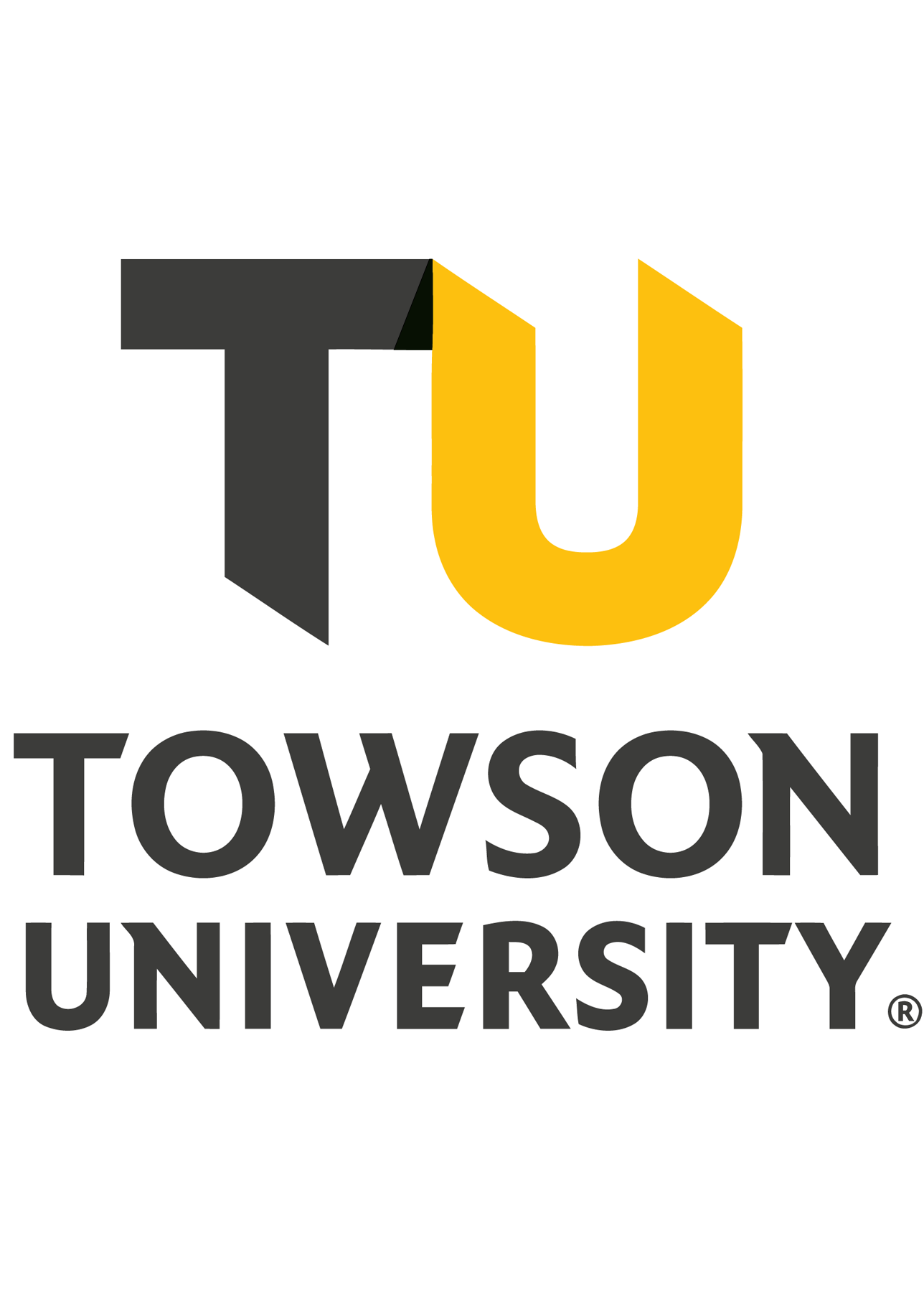
Towson University
Intelligent Score: 99.12In-state: $6,962
Out-of-state: $21,098
In-state: $7,902
Out-of-state: $7,902
SAT: 1040-1200
ACT: 20-25
In-Staste: $669
Out-of-State: $1,270
Hybrid, Online
Middle States Commission on Higher Education
36

Arizona State University
Intelligent Score: 97.19In-state: $10,710
Out-of-state: $28,800
In-state: $11,720
Out-of-state: $11,720
SAT: 1100-1320
ACT: 21-28
Resident: $897
Non-Resident: $1,472
On-Campus, Online
Higher Learning Commission
33
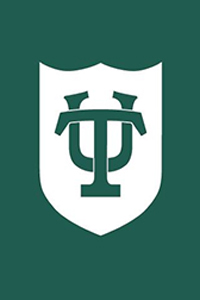
Tulane University
Intelligent Score: 96.61In-state: $83,890
Out-of-state: $83,890
In-state: $50,674
Out-of-state: $50,674
SAT: 1370-1510
ACT: 31- 33
$1,246
Hybrid, Online
Southern Association of Colleges and Schools Commission on Colleges
33
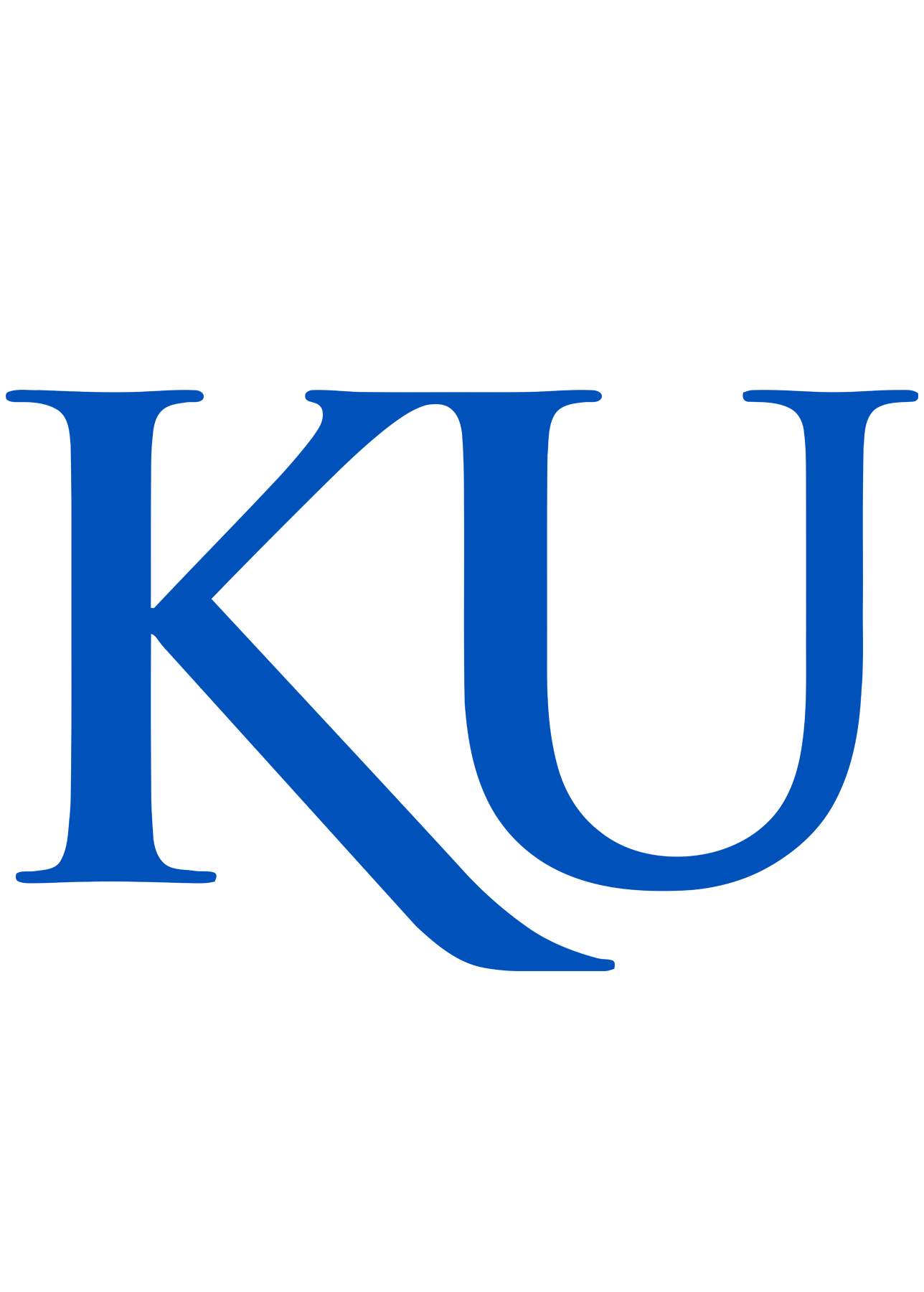
The University of Kansas
Intelligent Score: 96.49In-state: $10,092
Out-of-state: $26,960
In-state: $9,989
Out-of-state: $9,989
SAT: 1070-1320
ACT: 22-29
$670
On-Campus, Online
Higher Learning Commission
33

Northwestern State University of Louisiana
Intelligent Score: 96.42In-state: $5,180
Out-of-state: $15,968
In-state: $5,738
Out-of-state: $5,738
SAT: 978-1130
ACT: 17-23
$216
On-Campus, Online
Southern Association of Colleges and Schools Commission on Colleges
30-36

Keiser University
Intelligent Score: 94.22In-state: $19,808
Out-of-state: $19,808
In-state: $27,162
Out-of-state: $27,162
SAT: N/A
ACT: N/A
$1,554
On-Campus, Online
Southern Association of Colleges and Schools Commission on Colleges
33
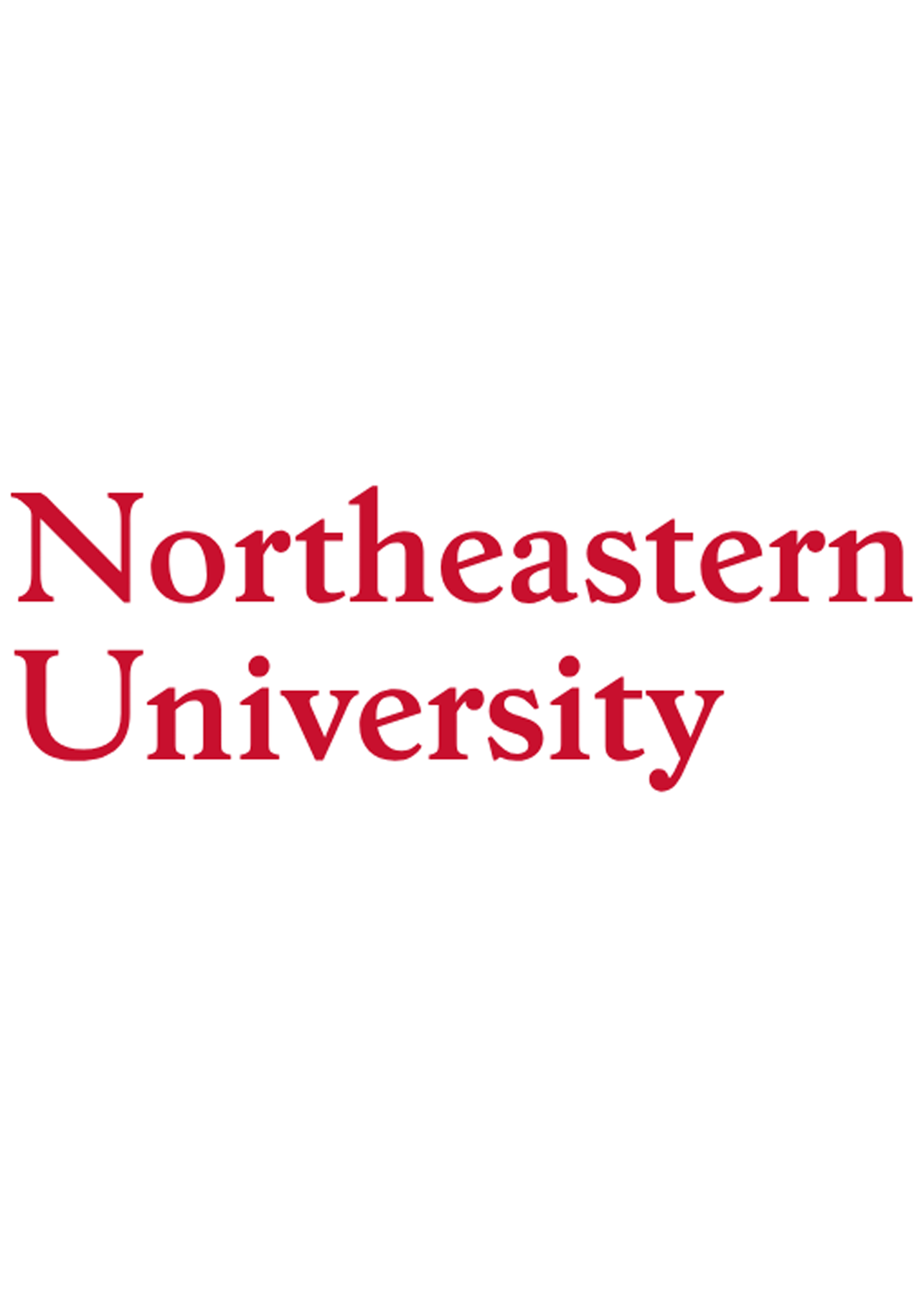
Northeastern University
Intelligent Score: 93.23In-state: $54,360
Out-of-state: $54,360
In-state: $25,264
Out-of-state: $25,264
SAT: 1410-1540
ACT: 33-35
$850
On-Campus, Online
New England Commission of Higher Education
30
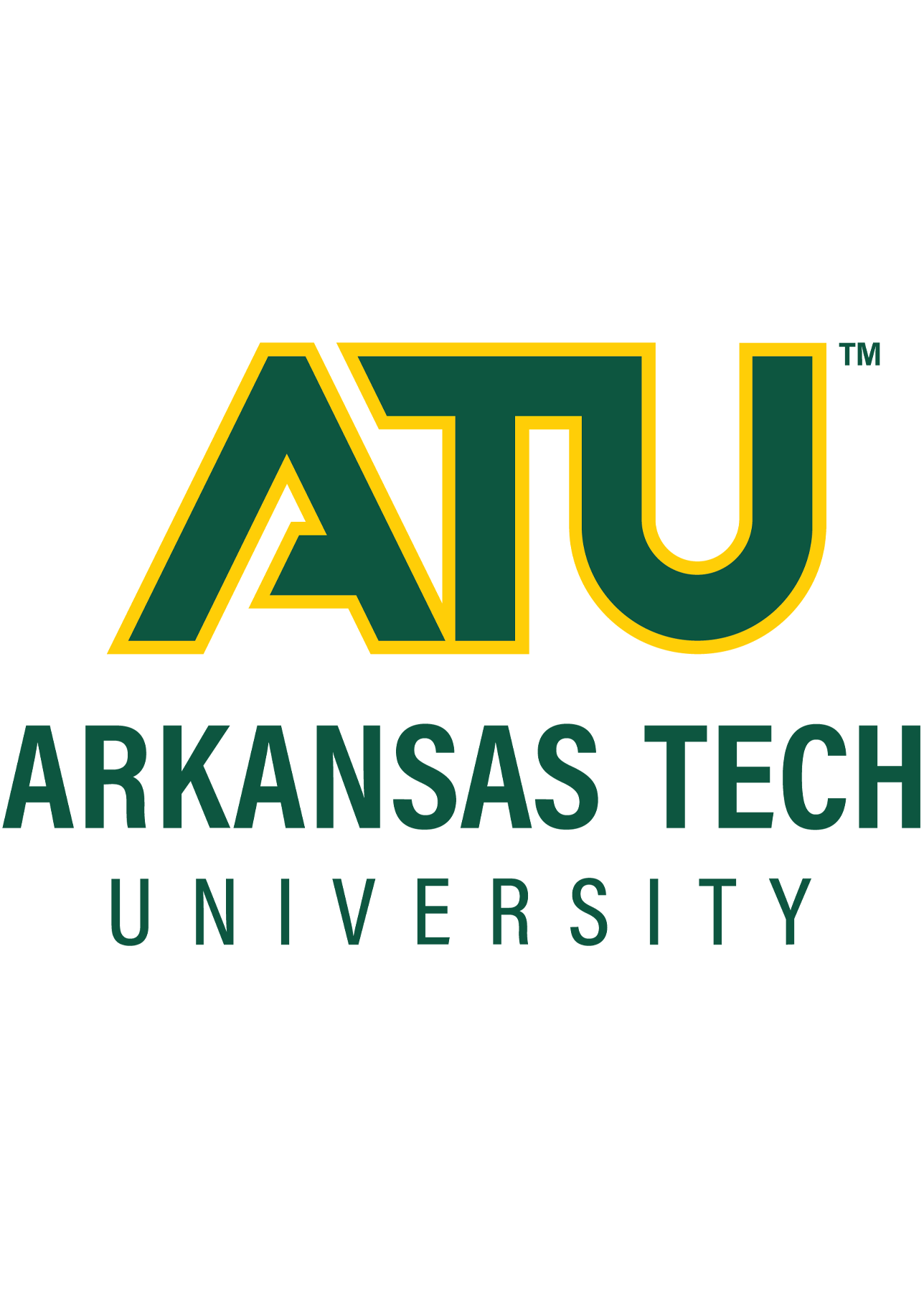
Arkansas Tech University
Intelligent Score: 91.50In-state: $5,568
Out-of-state: $11,136
In-state: $5,256
Out-of-state: $5,256
SAT: N/A
ACT: N/A
$314
On-Campus, Online, Hybrid
Higher Learning Commission
36
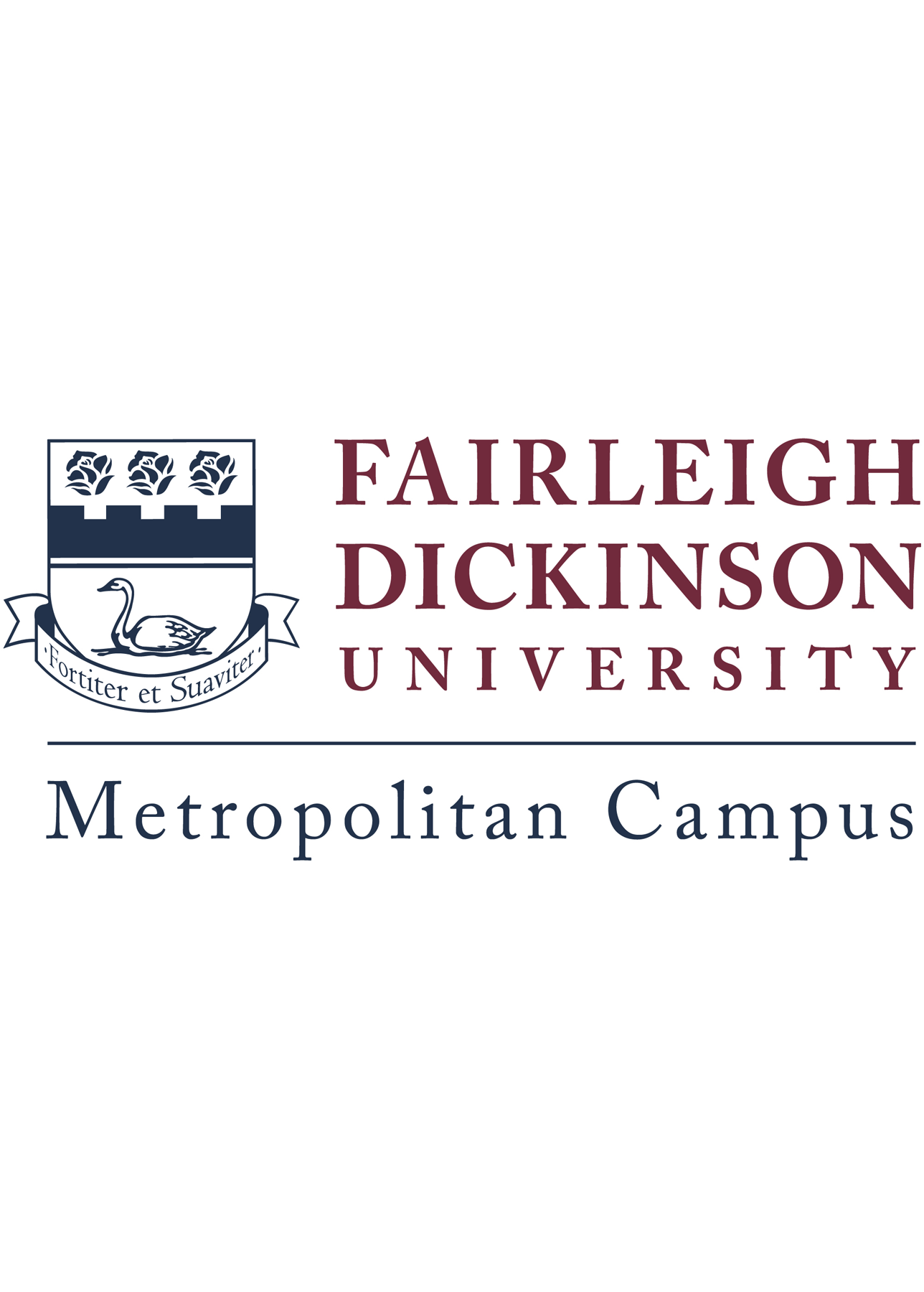
Fairleigh Dickinson University
Intelligent Score: 90.84In-state: $41,154
Out-of-state: $41,154
In-state: $9,732
Out-of-state: $9,732
SAT: N/A
ACT: N/A
$647
On-Campus, Online, Hybrid
Middle States Commission on Higher Education
36

American University
Intelligent Score: 88.26In-state: $50,542
Out-of-state: $50,542
In-state: $34,533
Out-of-state: $34,533
SAT: 1220-1390
ACT: 27-32
$2,000
On-Campus, Online
Middle States Commission on Higher Education
33

Endicott College
Intelligent Score: 88.17In-state: $34,470
Out-of-state: $34,470
In-state: $12,666
Out-of-state: $12,666
SAT: N/A
ACT: N/A
$870
On-Campus, Online
New England Commission of Higher Education
36

National University
Intelligent Score: 87.48In-state: $13,320
Out-of-state: $13,320
In-state: $15,480
Out-of-state: $15,480
SAT: N/A
ACT: N/A
$663
On-Campus, Online
Western Association of Schools and Colleges Senior College and University Commission
36
How to Choose a Master’s in Homeland Security Program
Choose your area of study
While homeland security is already relatively niche, you can further align your coursework with your career goals by choosing an area of study. It’s important to note, though, that some programs focus on homeland security in general, while others may offer specializations or coursework that can support your interests.
For example, tech-savvy students interested in defending critical infrastructure will excel in cybersecurity, while those focused on disaster response and crisis coordination will thrive in emergency management. Meanwhile, aspiring analysts seeking counterterrorism or border security roles may enjoy specializing in intelligence analysis.
Research schools and programs
With your specialization in mind, you can now begin researching schools and programs to find the right fit. Consider using the following questions to guide your research:
- Does the curriculum cover my intended specialization?
- What career support services and alumni networks does the school offer?
- What are the faculty’s credentials and research interests?
- Are there opportunities for internships, fieldwork, or networking?
You can find most of this information on the school’s website, but you’ll also benefit from connecting with an admissions counselor or attending an open house.
Prepare for tests and applications
Starting early is critical to excelling in your applications. Allocate ample time for writing your personal statement, which should illustrate your goals and readiness for graduate-level study. If GRE scores are required, consider enrolling in a test prep program to improve your performance and scheduling the exam well before application deadlines.
Don’t forget letters of recommendation. An essential component of most applications, these are often strongest coming from professors or employers familiar with your capabilities who have been given plenty of time to write thoughtful endorsements. In addition, request transcripts from your undergraduate institution early to avoid delays.
Select your program
Once acceptance letters arrive, you may have a big decision to make. Fortunately, you can make this easier by revisiting your initial research criteria and prioritizing what matters most — whether it’s curriculum, the faculty you’ll learn from, or career support. Assess the total cost of attendance, including housing and course materials, and compare it to any financial aid offers to ensure your decision aligns with your financial situation.
Determine how you’ll pay for your degree
To finance your degree, start by pursuing scholarships and grants, which don’t require repayment and can significantly reduce costs. If you’re in the market for part-time employment, explore assistantships. These often offer tuition discounts or stipends in exchange for teaching or research responsibilities. On the other hand, if the program aligns with your current job, ask your employer about tuition reimbursement programs, which can fund part or all of your degree. Lastly, with flexible repayment terms and lower interest rates, federal loans can be used to bridge any remaining gaps.
What Can You Expect From a Master’s in Homeland Security Program?
A master’s in homeland security will give you a comprehensive understanding of national security and mission-critical resource management. While some programs integrate with fields like criminal justice or business administration, homeland security emphasizes risk management, emergency response, and infrastructure protection at the national level.
As a student, you may take courses on terrorism, cybersecurity, border security, and intelligence analysis, acquiring the analytical tools necessary for developing strategies that protect national assets. Capstone projects are often a graduation requirement meant to synthesize your knowledge into a practical solution that addresses real-world security challenges.
Most programs take 18 months to two years to complete, depending on whether you enroll full-time or part-time.
Potential courses you’ll take in a master’s in homeland security program
- Risk Management and Analysis: Often considered an integral component in most curriculums, this course teaches students how to identify, assess, and mitigate risks to critical infrastructure and national security. Participants analyze threats, from national disasters to terrorism, and develop strategies to minimize vulnerabilities.
- Intelligence and National Security: While this course may have a different title depending on your program, it is frequently considered a core course. In this class, students gain insights into the principles and processes behind intelligence gathering, analysis, and dissemination. They study how intelligence supports strategic and operational decision-making, emphasizing counterterrorism, border security, and policy formulation.
- Counterterrorism Strategies: Typically deemed an elective, this course analyzes the tactics and motivations of terrorist organizations and the measures used to prevent and respond to their activities. Students review case studies and historical incidents to identify patterns in terrorist behavior, then devise strategies for countering radicalization and protecting public spaces.
- Emergency and Disaster Management: Students in this course explore the organizational and logistical challenges of managing large-scale emergencies. They study cases of natural disasters and human-made crises to understand the principles of response coordination, recovery planning, and resource mobilization.
Master’s in Homeland Security Degree Frequently Asked Questions
How do I apply to a master's in homeland security degree program?
To be eligible for these programs, you’ll need a bachelor’s degree and may need to meet minimum GPA requirements — often 2.5 or higher. Additionally, most programs require official transcripts, an up-to-date resume, letters of recommendation, and a personal statement. Although some schools have moved to test-optional policies recently, many still require GRE scores.
Discuss your qualifications with an admissions counselor to ensure you meet all prerequisites and understand all program specifics. They can also help you present a strong application while providing answers to questions about curriculum, deadlines, or career support services.
How much does a master's in homeland security degree cost?
According to the National Center for Education Statistics, the average cost for all graduate programs was $19,749 for the 2020-2021 academic year. Apart from tuition, you should budget for additional expenses like housing, commuting, textbooks, and course materials, which can vary significantly depending on location and whether you opt for in-person or online learning.
How long does it take to earn a master's in homeland security degree?
Earning this degree takes 18 months to two years for full-time students, while part-time students may take three to four years. Full-time students generally take a heavier course load each semester. In contrast, part-time students may take fewer credits to balance responsibilities like raising a family or having a full-time job.
Completion timelines largely depend on the total number of credits the program requires, which often ranges from 30 to 45. Some programs may offer accelerated tracks or flexible scheduling, which can also cause timelines to differ.
